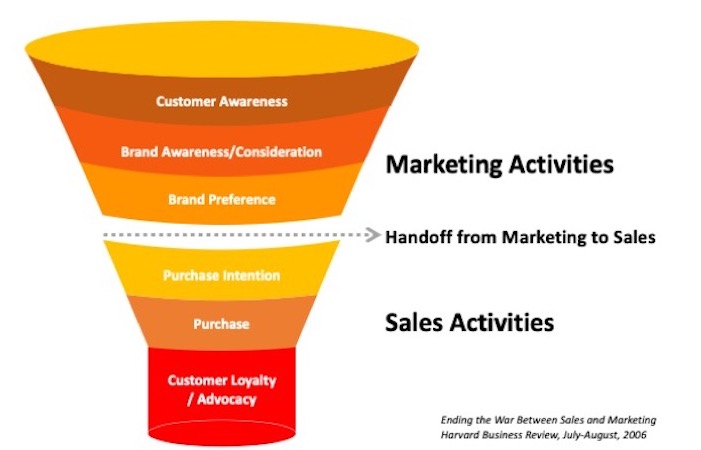Marketing should be treated as a profit center, even in distribution companies. Sure it’s an investment, but when done correctly, it will produce a measurable return in the form of qualified leads that can convert into bankable sales. If you only see marketing as an expense, you’re doing it wrong.
Distribution Marketing Isn’t Easy
In Why Are Distributors So Bad at Marketing? | 2018-05-14 | Modern Distribution Management, author Ian Heller writes:
The term “marketing” covers an enormously wide variety of subjects. Lead generation, social media, branding, marketing automation, customer databases, email, direct mail, advertising, events and trade shows, video production, sales presentations and collateral, public relations, customer lifecycle management, blogging, website development, mobile marketing, SEO, content development, product data management and many other topics fit under the umbrella of “marketing” in many distribution companies.
No one can possibly be an expert in all these subjects; it’s hard to justify a team that does all of this. And as marketing has become more technology-based, many of these subjects change rapidly, so today’s expertise is outdated tomorrow.
While no distributor should ever expect or even try to be an expert at marketing, every distributor can and should measure the success of their marketing. In other words, be sure your marketing focus is on marketing that is measurable.
Technology today makes this easier than ever when you’re working with the right marketing team. Does that mean you should spend a fortune training your team on the latest technology only to have them re-train on new technology six months later? Absolutely not. That’s a waste of time and money, and in many cases, the team will get overwhelmed by the speed of change.
The most cost-effective and efficient way to get your marketing done is by outsourcing it to a true expert who lives and breathes this every day, and who has already tried and tested current technology and knows what works.
It’s no longer necessary to rely on subjective measures when evaluating your marketing investments – there’s no reason to have to “go with your gut.” Instead, technology has evolved enough that your team can focus their efforts on ways that are measurable and have a clear contribution to your company’s revenue and profits. You’ll also be able to quickly identify the activities that are not working.
Today, you can measure just about everything related to online marketing. Leveraging web analytics, trackable phone numbers, and a CRM system to track leads and sales generated by each marketing activity is becoming the norm, no longer the exception. In fact, when you commit to measurable marketing, you will have the ability to generate the kind of data that will give you the most powerful information available about your prospects and customers.
Customer and product data can super-charge your marketing campaigns. The strongest marketing campaigns and websites combine customer and product data, all easily attainable with today’s technology.
The overall performance of the customer lifecycle can demonstrate the objective impact, value, and success of your marketing team. Marketing automation tools can organize and simplify your data and these tools are critical to your success as a distributor.
We agree 100% with Heller when he writes the following about distribution marketing:
In my opinion, distribution marketers should take responsibility for supporting the sales team, improving customer lifecycle results, owning “unassigned accounts” and building online marketing and transaction capabilities. Measure and report your performance as accurately as you can and focus on making yourself useful. If you are useful for a long period of time, you will eventually become essential. via Why Are Distributors So Bad at Marketing? | 2018-05-14 | Modern Distribution Management
Make data a pillar of your marketing efforts. Marketing data makes it possible to put relevant offers in front of targeted customers and turn them into leads. And the more frequently your customers see content that is relevant to them, to their needs, and to their own customers, the more frequently they will buy from you. We’ll show you how.





